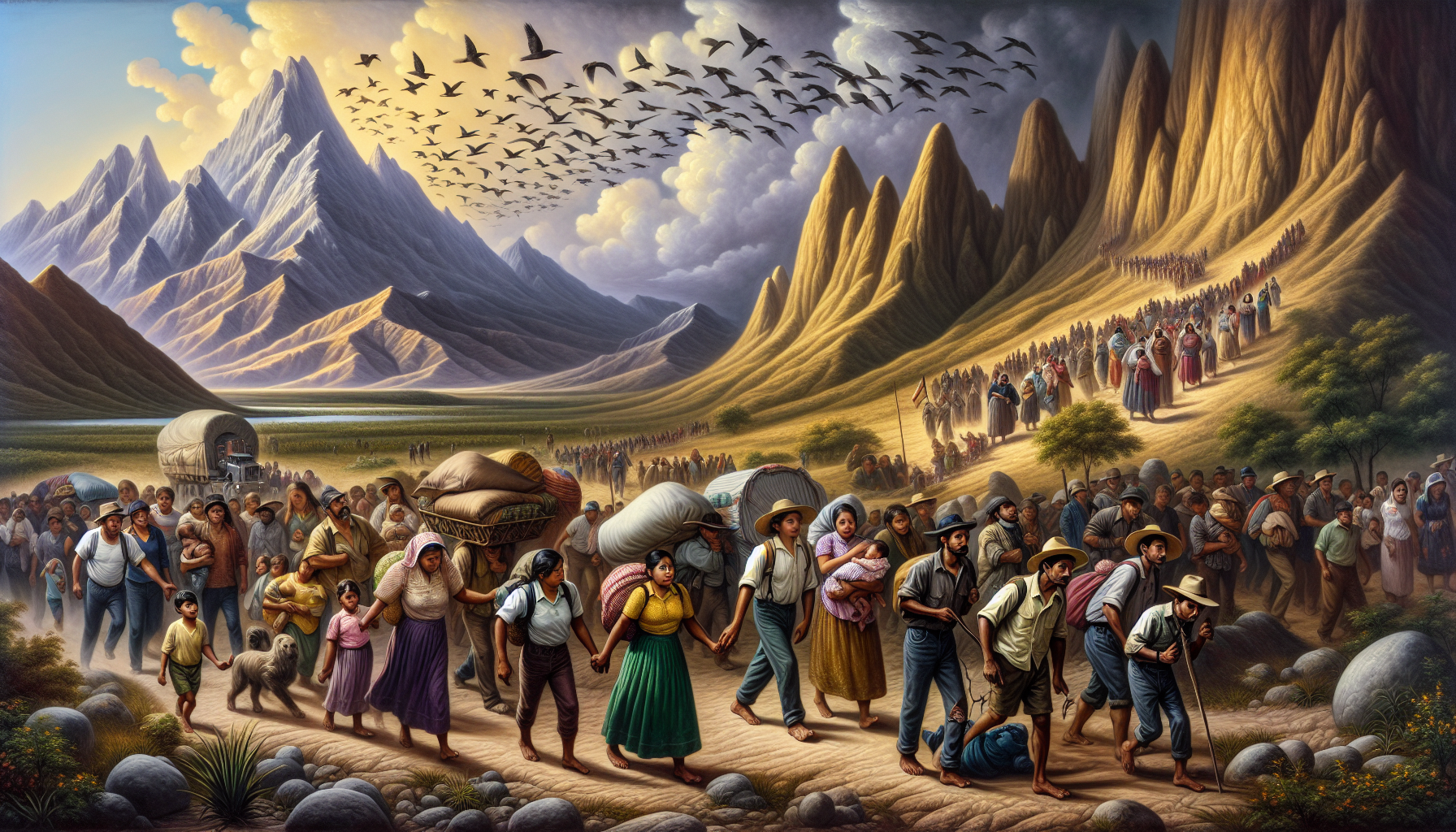The Controversial Path to Wealth: Analyzing Jake Paul's Impact on Influencer Culture

Jake Paul’s ascent to fame began with his role in the Disney Channel series "Bizaardvark." However, his transition to YouTube marked a dramatic shift in the type of content he produced. Moving away from family-friendly entertainment, Paul embraced provocative and often outrageous videos that captured public attention. This strategic shift exemplifies a trend within influencer culture: leveraging controversy as a means of engagement. Paul’s antics have not been without consequences. One notable incident involved the "Team 10" house, where he and a group of fellow influencers created a ruckus that led to numerous complaints from neighbors and police interventions. Rather than tarnishing his reputation, these controversies appeared to amplify his visibility, drawing in even more followers. This phenomenon raises ethical questions about the lengths to which influencers will go to secure their fame and the responsibilities that accompany such actions.
Capitalizing on Controversy
The financial ramifications of Jake Paul's controversial actions are profound. Each scandal typically results in a spike in views and engagement on his social media platforms. For instance, after facing backlash for disturbances at the Team 10 house, Paul responded with a video addressing the situation, which garnered millions of views and boosted merchandise sales. This cycle of controversy, engagement, and profit exemplifies a business model that thrives on sensationalism. Moreover, Paul’s approach has established a precedent for emerging influencers. Many new creators feel pressured to adopt similar tactics, operating under the belief that controversy is a guaranteed method for garnering attention and wealth. This shift in content creation prompts critical questions about the sustainability of such approaches and their overall impact on audience expectations.
Influencing the Influencer Landscape
Jake Paul’s influence extends beyond his personal brand; he has reshaped how brands interact with social media personalities. Companies increasingly collaborate with controversial figures, recognizing the potential for viral marketing. Paul's foray into boxing, for example, has attracted lucrative sponsorships and partnerships, illustrating the profitable intersection of entertainment, sports, and influencer marketing. This trend has given rise to crossover athletes—individuals who blend traditional sports with social media stardom. Paul’s success has demonstrated that influencers can monetize their brands through various avenues, including boxing, music, and merchandise sales. This evolution has prompted brands and audiences to reconsider the viability of influencers as marketing partners, blurring the lines between entertainment and commerce.
Supporting Examples and Evidence
To illustrate the financial success stemming from controversy, consider the example of Paul's boxing matches. His bouts, particularly against fellow social media stars and retired athletes, have generated millions in pay-per-view sales and significant media attention. The first fight against fellow YouTuber KSI, for instance, reportedly earned over $1 million in ticket sales alone, showcasing the lucrative potential of this crossover niche. Additionally, Paul's merchandise sales have surged in the wake of his controversies. His brand, which includes clothing, accessories, and other products, has become synonymous with his online persona, further capitalizing on his notoriety. According to reports, his merchandise sales have reached upwards of $10 million, illustrating the financial power of influencer branding linked to controversy.
Jake Paul’s journey through controversy to wealth encapsulates the complexities of influencer culture in the digital age. His ability to leverage scandals for fame and financial gain has not only shaped his own brand but has also set a blueprint for aspiring influencers. While his tactics raise ethical concerns, they undeniably reflect a shift in audience engagement and brand collaboration. As the social media landscape continues to evolve, the pressing question remains: can influencers sustain success through controversy, or will audiences eventually seek authenticity over sensationalism? Jake Paul’s story serves as a compelling case study in navigating this evolving terrain, highlighting the delicate balance between entertainment, ethics, and entrepreneurship in the realm of influencer culture. Ultimately, his path underscores the transformative power of social media while prompting a critical examination of the values that underpin modern fame and success.
Social Media Marketing Specialist
Digital marketing agencies, e-commerce brands, entertainment companies
Core Responsibilities
Develop and execute social media marketing strategies to enhance brand visibility and engagement.
Analyze social media metrics to assess campaign performance and adjust strategies accordingly.
Collaborate with influencers and content creators to create compelling marketing campaigns.
Required Skills
Proficiency in social media platforms (Instagram, TikTok, YouTube) and analytics tools.
Strong communication skills for effective collaboration with influencers and internal teams.
Creative mindset to develop unique and engaging content that resonates with target audiences.
Influencer Relations Manager
Brands in fashion, beauty, entertainment, tech industries
Core Responsibilities
Identify and build relationships with social media influencers to boost brand partnerships and visibility.
Coordinate influencer campaigns, ensuring alignment with brand values and messaging.
Monitor and evaluate the performance of influencer collaborations to optimize future partnerships.
Required Skills
Experience in public relations or marketing with a focus on digital channels.
Excellent negotiation and interpersonal skills to effectively engage influencers.
Understanding of influencer marketing trends and audience demographics.
Content Creator/Video Producer
Media companies, digital marketing agencies, brand teams
Core Responsibilities
Produce, edit, and publish engaging video content for social media platforms.
Collaborate with brands and marketing teams to develop content that aligns with promotional campaigns.
Stay updated on current trends and viral content strategies to maximize reach and engagement.
Required Skills
Proficiency in video editing software (e.g., Adobe Premiere Pro, Final Cut Pro).
Strong storytelling skills and a creative eye for visual content.
Understanding of platform-specific content requirements and audience preferences.
Digital Brand Strategist
Advertising agencies, startups, established brands
Core Responsibilities
Develop comprehensive digital marketing strategies that leverage influencer partnerships and social media platforms.
Conduct market research to identify trends and audience preferences for campaign development.
Analyze campaign performance to refine strategies and maximize ROI.
Required Skills
Strong analytical skills with experience in data analysis and interpretation.
Creative problem-solving abilities to develop innovative marketing solutions.
Knowledge of SEO, PPC, and social media marketing best practices.
E-commerce Merchandise Manager
E-commerce platforms, fashion and lifestyle brands, influencer-led merchandise companies
Core Responsibilities
Oversee the development and marketing of merchandise tied to social media influencers and their brands.
Analyze sales data and market trends to optimize product offerings and inventory management.
Collaborate with influencers and marketing teams to create merchandise that resonates with their audience.
Required Skills
Experience in retail or e-commerce management, particularly in merchandise planning.
Strong analytical skills to assess sales performance and market trends.
Creativity in product design and marketing strategies that align with influencer branding.


